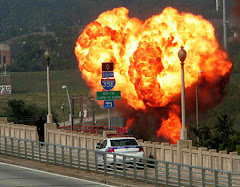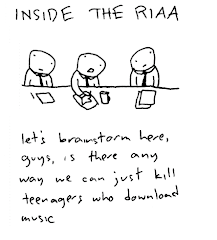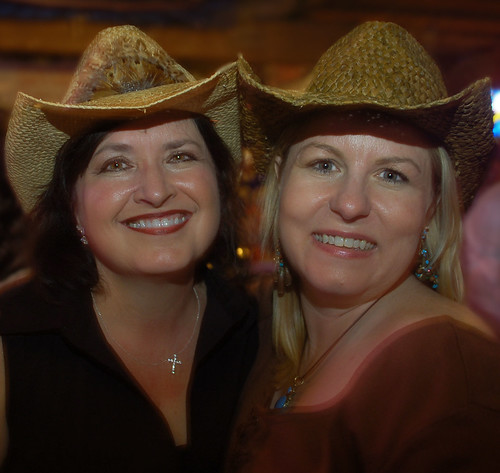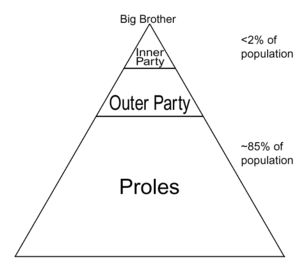 I get to movies late – sometimes I don’t get to them at all. There is only so much time, even for retired folks. My time is mainly filled with books and music, by choice. So I almost missed a great movie. I think not good, great, though there’s a lot of it I’ve yet to digest. "Rachel Getting Married" is great in both its conception and execution: tragedy stalking comedy in the person of Ann Hathaway’s Kim Buckman.
I get to movies late – sometimes I don’t get to them at all. There is only so much time, even for retired folks. My time is mainly filled with books and music, by choice. So I almost missed a great movie. I think not good, great, though there’s a lot of it I’ve yet to digest. "Rachel Getting Married" is great in both its conception and execution: tragedy stalking comedy in the person of Ann Hathaway’s Kim Buckman. Classical comedy (not ha-ha comedy, comedy as story ruled by reason, good will, and optimism, which often brings about ha ha’s) as presented by Shakespeare and Jane Austen, to cite two masters of it, often ends with weddings, which bring everything and everybody together in a sensible, problem-solving, difference resolving, celebration of promise driven by the hopeful power of love. Tragedy, on the other hand, brings a disruptive passion for truthfulness to bear on the compromises enforced by comedy, exposing all of the unfortunate human truths that comedy has tucked away in the closet or swept under the rug in the interest of ‘going forward with a smile.’ Tragedy is like…your drug addict sister coming to your wedding.
 Kim Buckman comes from a Rehab world, where everything is out of the closet, out of the attic, and out from under the rug all day every day on principle, and stalks about the wedding scene like the tragic seer Cassandra. She is the member of the family who carries its hidden darkness and failures on her shoulders, literally. Director Demme dresses her cruelly (the severe coiffure is a work of tragic art, even more so when it is fashionably streaked for the wedding ceremony) and focuses on her relentlessly. She haunts every celebratory scene, making them feel forced and not quite real. Initially we are embarrassed for her; eventually, as we learn more, we are embarrassed for everybody else. And then finally her mother explodes, her father falls apart in tears, and her sister finds herself tending injuries which could easily have killed Kim – all finally forced to stare through the wedding festivities to the tragic truth Kim bears. She makes the wedding be about the truth, for a while, and then returns to hell.
Kim Buckman comes from a Rehab world, where everything is out of the closet, out of the attic, and out from under the rug all day every day on principle, and stalks about the wedding scene like the tragic seer Cassandra. She is the member of the family who carries its hidden darkness and failures on her shoulders, literally. Director Demme dresses her cruelly (the severe coiffure is a work of tragic art, even more so when it is fashionably streaked for the wedding ceremony) and focuses on her relentlessly. She haunts every celebratory scene, making them feel forced and not quite real. Initially we are embarrassed for her; eventually, as we learn more, we are embarrassed for everybody else. And then finally her mother explodes, her father falls apart in tears, and her sister finds herself tending injuries which could easily have killed Kim – all finally forced to stare through the wedding festivities to the tragic truth Kim bears. She makes the wedding be about the truth, for a while, and then returns to hell.
The story does not end in tragedy – we don’t write those much any longer. Kim does not die when she does a variation on her original tragic scene. It ends with a tragic shadow having been cast across the willful effort of comic vision: it ends in irony. It insists on irony as a point of view. We used to believe that comedy was the cure for what ails us socially and morally; that was the justification for writing them back when we thought we needed one. In our times, it is irony. "Rachel Getting Married" makes me feel better about the race and we could use a great deal more films like it. -Robert Neill (Jim's father)
Eccentric singer/songwriter Robyn Hitchcock makes an appearance in the film and contributes two songs to the soundtrack.






















































































.jpg)



































































































No comments:
Post a Comment